
4 minute read
IB COORDINATOR MS. BELIVANOVA IS ALWAYS UP FOR ADVENTURE.
from Alumni magazine #9
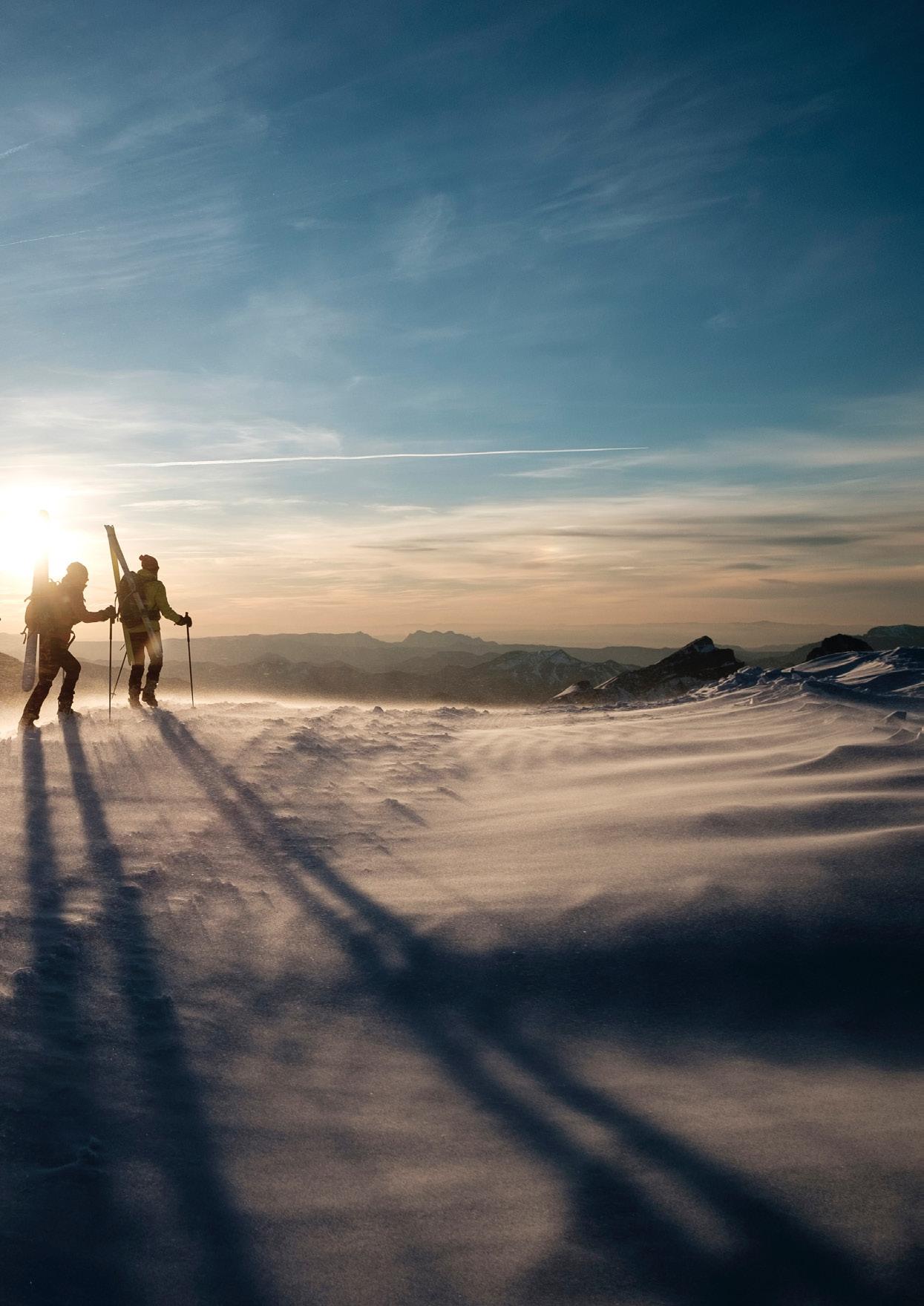
Advertisement
IB COORDINATOR MS. KALINA BELIVANOVA LOVES HER JOB AND IS ALWAYS UP FOR ADVENTURE.
What did you want to become when you were a kid?
I wanted to be a Paleontologist. It must have been around 1st grade when I came across a book on a paleontology team digging for dinosaurs in Madagascar. I was impressed and reread the book many times. I think this same book sparked my interest in travel and explorations off the beaten track as well as in nature and outdoors.
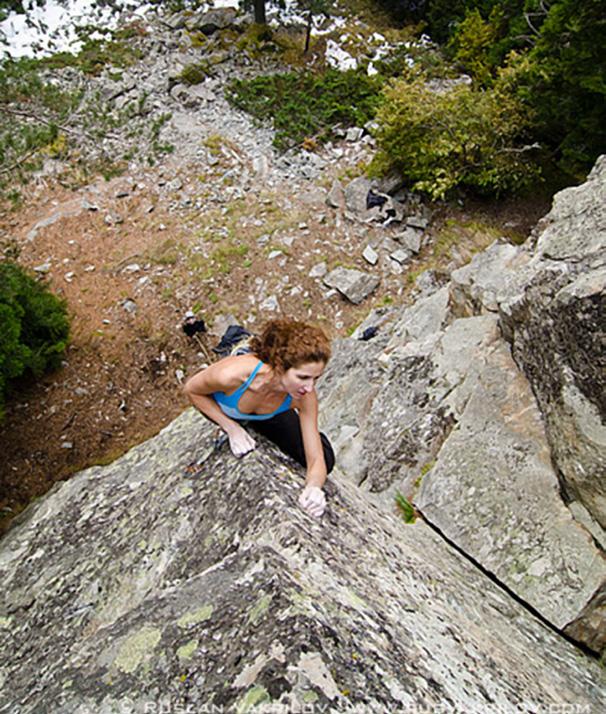
How did you decide to become a teacher?
This was not planned. My first passion was environmental protection and outdoor research. I graduated with a masters in engineering in Forestry and Ecology. I wanted to pursue doctorate research on wolves in Canada. While preparing for exams a friend (now a colleague as well) suggested to me to apply for an open position at AAS while waiting. Well, here I am, 19 years later with my second passion; teaching and learning.
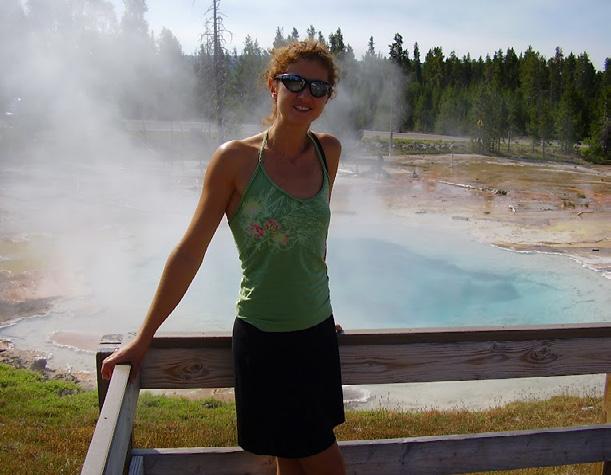
How has the school changed in the years you were here?
When I started working in the Elementary School in 2001 as a Grade 3 teaching assistant, the school was based at the American College campus. The total number of students was around 60, class size was up to 10-12 students. I remember walking inside the building in home shoes. Everyone knew each other, a very homelike, cozy atmosphere. Science classes and recesses were held in the nearby forest and amongst meadows covered in dandelions.
What is the hardest part of your job as an IB coordinator?
Although I like working with young adults, Ifind it particularly difficult addressing the necessary consequences when they make a poor choice. The school is very supportive in educating students on how to be principled, honest, and reflective and it takes seriously matters of academic dishonesty for example. These conversations are not fun and can lead to learning some hard lessons in life.

And what is most rewarding?
Celebrating students’ success after years of hard work, comforting them during hardships, seeing them grow and develop as global citizens who are ready to pursue their dreams.
What do you think is the most important thing students need to learn at school?
Critical thinking, how to be a good person, how to take care of oneself and others in a respectful and mindful way, develop grit, believe they can make a difference and they are valued for who they are.
You are a math teacher. How did you become interested in math? Why do you think people don’t like math and can something be done about it?
One of my high school teachers inspired me to persevere in math. It wasn’t love at first sight but then I got the sparkle and it has been with me since then. There is a belief that some people have a “math brain” and others don’t. I would like to cite a brilliant educator, Ms Jo Boaler, who is trying to change this mindset. She says: “Everyone has the potential to learn math to the highest levels. We can grow our math brain. Math is a subject of beautiful connections, not disconnected topics”.
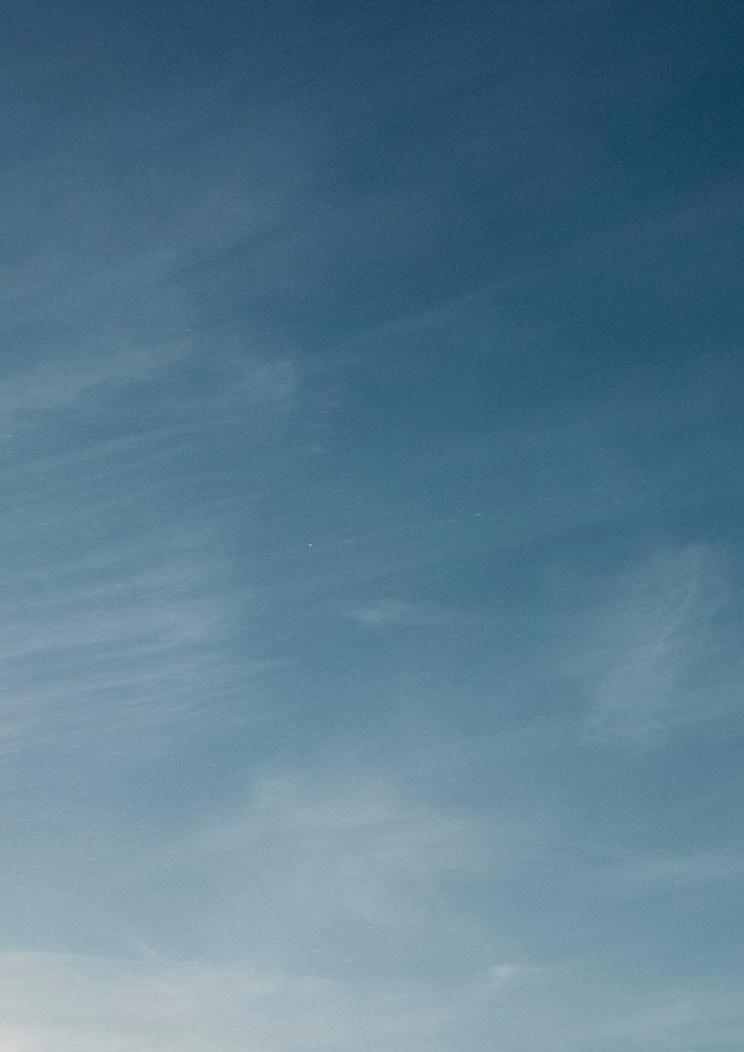
What advice would you give to students that are just graduating?
Never stop dreaming, love life and enjoy every moment. You are never too old to start something new. What’s your favourite thing to do outside of work? I love adventures, planned and unplanned. Most often you can find me with family and friends climbing rocks, exploring the winter mountains on skis, trail running and not least, visiting new lands far and close. I have a rule to visit at least one new place every year. During the week I usually run after my son in the nearby parks or climb at the gym. When the days are longer I love to take short hikes at Vitosha to admire the sunset, smell the flowers and simply connect with nature.
You travel a lot?
What is your favorite place that you have visited and why? It is difficult to choose only one place. I love going back to the Dolomites in the summer and winter but I also fell in love with the virgin island of Kalymnos in the Aegean. Both places are spectacular gems for sports and scenery.
What do you always have in your travel bag? A small charm from a last adventure: the last one was a tiny rock from a hidden beach at Kalymnos. This habit of keeping a small item helps me to focus on the really important things which usually are the little things in life: a smile, the sea breeze, the feeling of being scared, kid’s laughter, a sunset, the adrenaline rush after clipping in the quickdraw*, and a reminder to live in the present, let go of the past and be optimistic for the future. I like to remind myself that everything is about perspective. I choose to be happy.

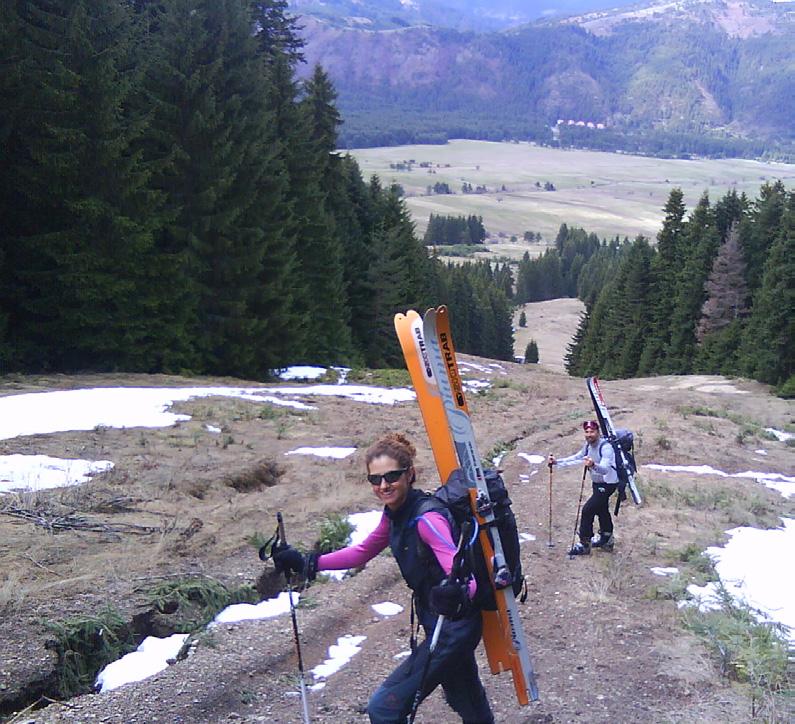
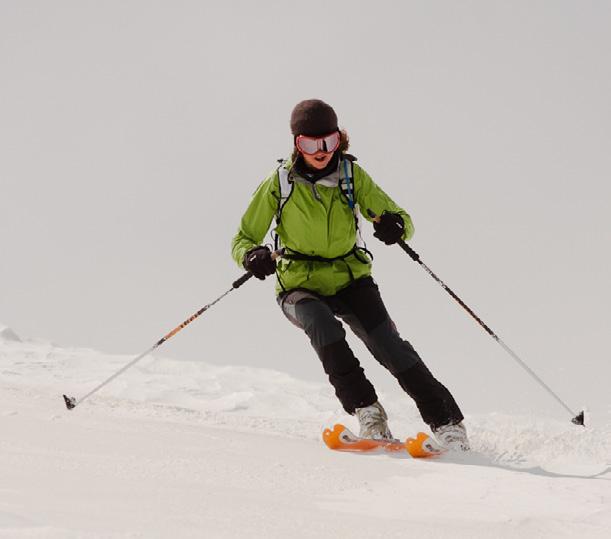
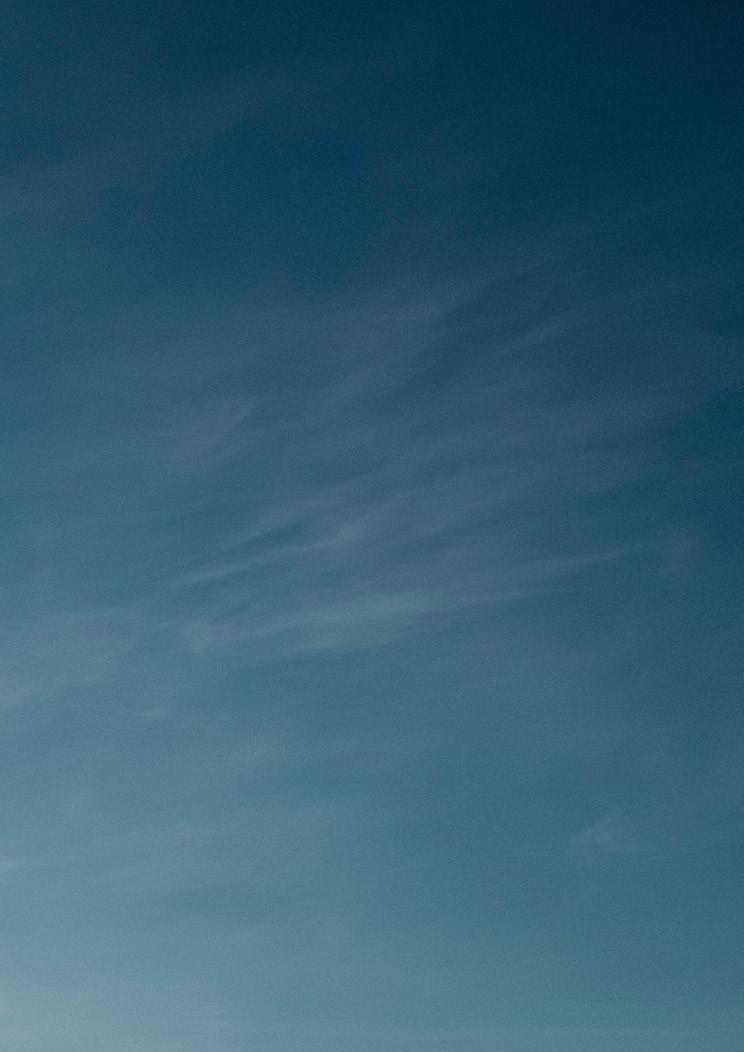
*A quickdraw (also known as an extender) is a piece of climbing equipment used by rock and ice climbers to allow the climbing rope to run freely through bolt anchors or other protection while leading.



